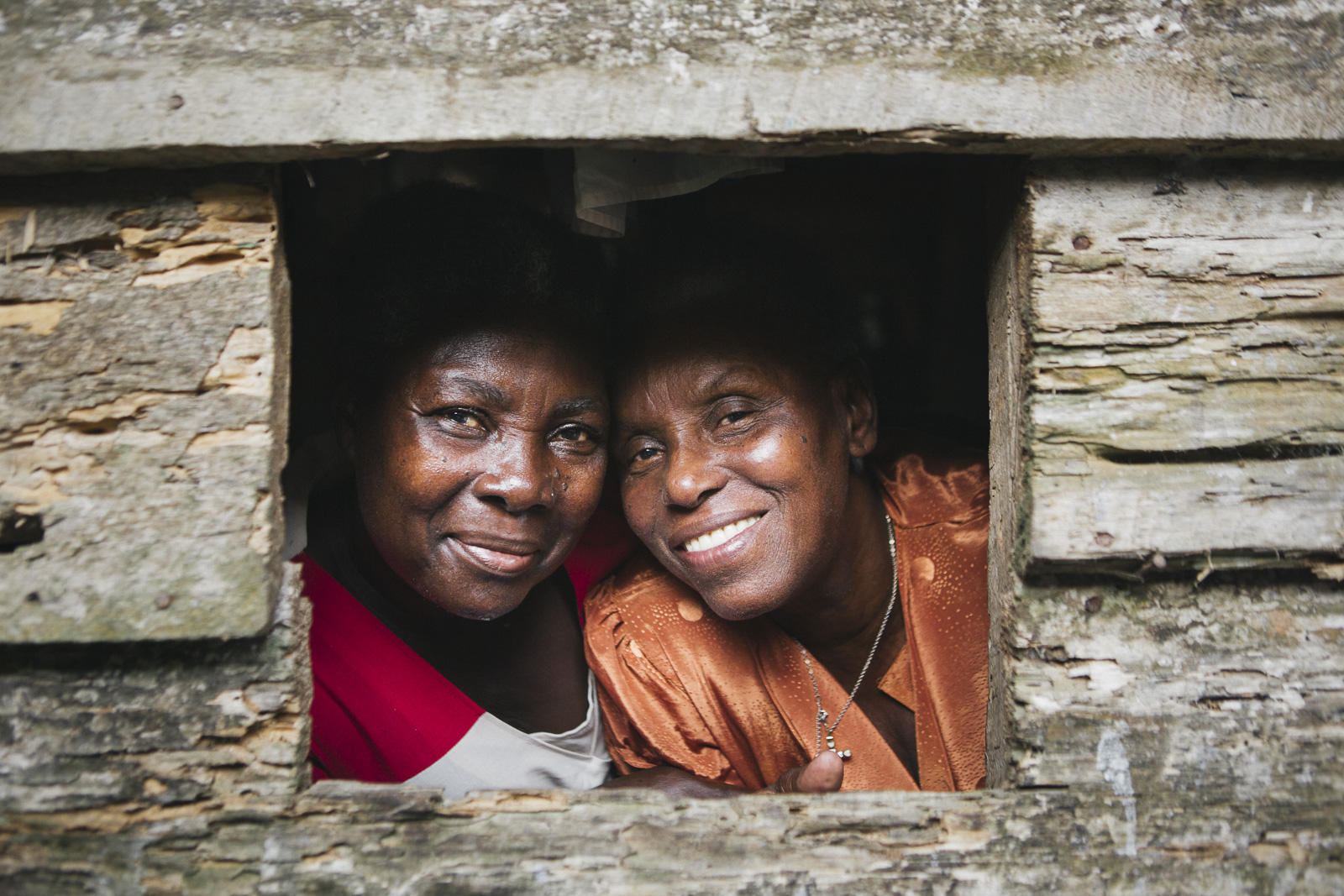
“It’s the most beautiful thing there is, to be able to do what I want because I feel free. A person without independence would be as good as dead,” a 71-year-old woman from Costa Rica told us.
Being able to make our own decisions and go about our daily lives according to our own values and preferences is central to our dignity at any age – including when we are older. Everyone has the right to this autonomy and independence.
But for many older people, the autonomy and independence they enjoyed earlier in their lives is denied in older age – often because others think they can no longer make their own decisions, or disregard them when they do.
These were the findings of a consultation with 450 older people across 24 countries carried out by Age Demands Action campaigners and HelpAge global network members at the end of 2017.
Older people are telling us their rights are denied
When asked what independence meant to them, older people in a group discussion in Peru said it is “the freedom to decide for ourselves”. A group in Kenya said it is “the freedom to do as you wish, not being controlled by anybody”.
Reflecting on their personal experience, the majority said they couldn’t make their own decisions about their finances, their work, their property, who to vote for, where and with whom to live, their access to health services, their family life, and their participation in community, voluntary or social activities.
A 63-year-old woman from Mauritius said: “I have no control over money and resources,” and an 81-year-old man from Tanzania said: “Nowadays my children and younger villagers don’t see my worth anymore. They make decisions without me participating. They can decide to sell some of my property without telling me.”
They said different people were preventing, or interfering with, their right to autonomy and independence. These antagonists include government and local authorities, policy makers, local leaders and service providers. A group of residents from a residential care facility in Rwanda said it was “the leaders of the home, the caregivers and the rules and regulations of the internal programmes” that prevented them from having any choice or control over what they ate, the clothes they wore and even the church they went to.
But for many older people it was other family members that prevented them from making decisions and going about their daily lives in the way that they wished to. A 78-year-old man from Nigeria said: “My children want to control my life.”
Participants said discrimination against older people, ageist traditions and customs, and negative attitudes of family members stopped them making their own decisions. A 68-year-old woman from Costa Rica said things changed “when my children began to see me as an older person”.
Some said they lost their autonomy and independence when their health deteriorated. An older person from the Philippines said: “After I had a stroke, my body started weakening and I had to stop working. They see me as less than when I was stronger and healthier.” For others it was a drop in income that made them dependent or a change in circumstances, such as going to live with another family member or in a residential care facility.
Older people’s rights must be recognised
Although the 450 older people in this consultation don’t necessarily represent all older people, there is no doubt that many of them are being denied their rights to autonomy and independence in their older age. There are still no specific standards on these rights in international human rights law. A clear articulation of these rights and state obligations towards older people in a new UN convention is needed to change this.
So what would such a right look like in a new UN convention? It should include older people’s right to freedom of personal autonomy to make decisions, to determine their life plans and to lead autonomous and independent lives in line with their will and preferences and on an equal basis with others. A new UN convention should also recognise older people as rights holders under the law who can take action and make decisions that are legally recognised.
Older people’s rights to autonomy and independence will be discussed at the ninth UN Open-ended Working Group on Ageing in July 2018. In the meantime, you can join a webinar on autonomy and independence by the Global Alliance on the Rights of Older People on 31 January and sign up to our Age Demands Action enewsletter to receive the full report from the consultation in March.
